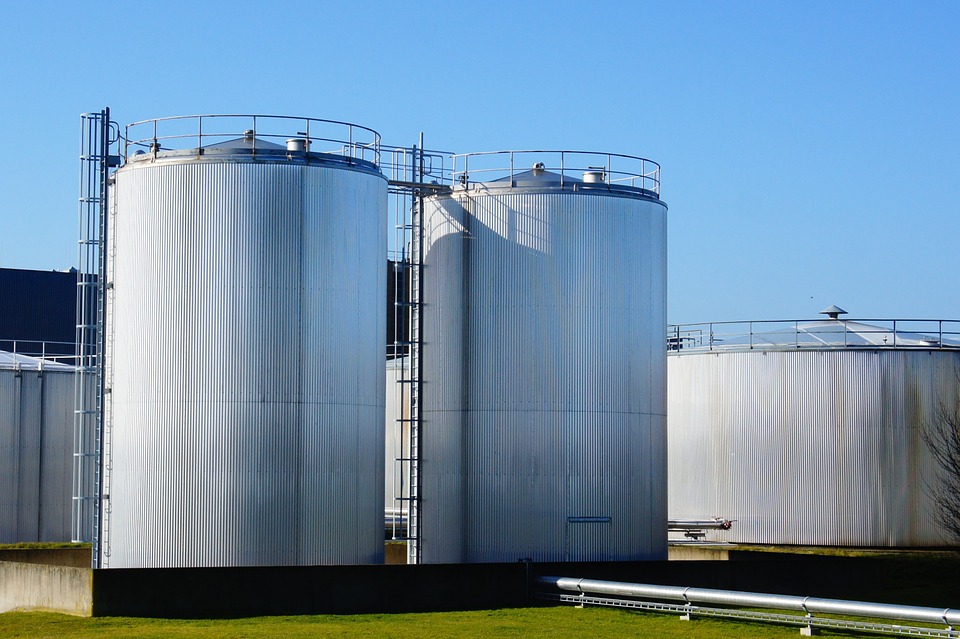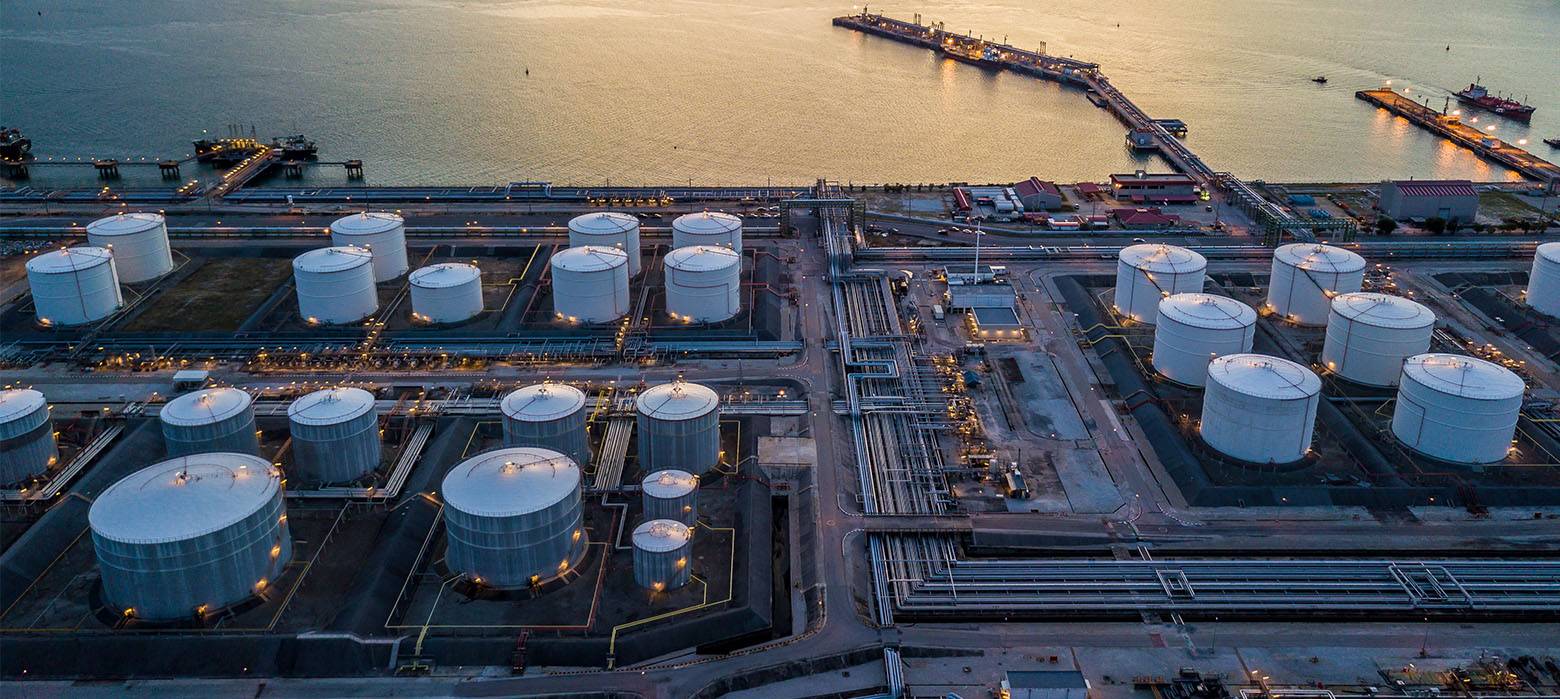
- admin
- January 18, 2019
Famous Storage Tanks Failures and How to Avoid Tank Failures
While it is said that “history repeats itself,” there are some history that better not be repeated!!! Though, it occurred almost a century ago, the famous or rather infamous Boston Molasses Disaster is one such history that still haunts humans today.
The fateful day
It all happened on the less cold afternoon of January 15 in 1919 in the neighborhood of Boston in North End. A huge storage tank filled with more than 2 gallons (2.3 millions or 8706 tons) of molasses of the Purity Distilling Company burst all of a sudden.
The temperature on that day was around 40C which was a rapid rise from the frigid temperatures the previous day. The tank that was waiting at 529 Commercial Street to be transported to the plant when disaster struck.
What had happened
The tank filled with molasses exploded sending out waves of the thick liquid with high potential energy. The impact was tremendous damaging even the nearby railway girders. Buildings nearby were swept off their retaining foundation and shattered. Horses were trapped in it like flies on a sticky paper. 21 people and several horses died while injuring 150 other humans. The cold temperature made the spilled liquid more viscous causing harm to humans and animals alike.
Its consequences were inevitable
It was inevitable that the local residents brought out a lawsuit against the company that paid $3000,000 in terms of compensation to the victims or their relatives.
Why it had to happen
The storage tank that contained the sticky liquid was built during the First World War. Though the tank was loaded only eight times, it failed to perform due to its faulty design triggering the massive disaster.
The scenario today
Design and construction quality do play a big role in the performance and safety of tanks. Over the years, technology has improved giving better design option for better and safer storage tanks for industrial use.
But regular maintenance plays a major role in the consistent performance of these tanks. Corrosion is among the leading enemies of metal tanks. At the same time, oxidation of metals is inevitable.
Tank manufacture and maintenance today
Tanks are painted internally to avoid corrosion. The exterior however remains exposed to the elements of nature especially for surface tanks. Authorities have stipulated norms for carrying out storage tank inspection to assess their condition and carry out the necessary works.
Visual inspection of tanks requires them to be cleaned thoroughly so that the surface conditions emerge clearly. Also, clean tanks ensure that there are no chances of accidents when there is welding or any other repair work carried out using high temperature.
Apart from maintaining correct storage conditions, it is absolutely imperative that you engage state authorized companies to carry out the inspection process and obtain the needed documents that state the tank condition.
Once you have the report, make sure to carry out the suggested works so that it eliminates any chance of failure leading to any scale disaster.
- avoiding storage tank failures
- storage tank failures
- tank failures
Category
- Above Ground Fuel Tanks
- Above Ground Gas Storage Tank
- Above Ground Storage Tanks
- Above Ground Water Storage Tanks
- Agricultural Tanks
- Chemical storage Tanks
- Diesel Fuel Storage Tanks
- Diesel Storage Tanks
- Exernal FloatingRoof Tanks
- Farm Water Tank
- Fiberglass Oil Tanks
- Fiberglass Septic Tanks
- Fiberglass Tanks
- Fiberglass Underground Fuel Storage Tanks
- Field Erected Tanks
- Floating Roof Tank
- Food and Beverage Tanks
- Fuel tank
- Industrial Chemical Storage Tanks
- Industrial Gas Tanks
- Industrial Hot Water Storage Tanks
- industrial hot water tank
- Industrial Plastic Tanks
- Industrial Storage Tanks
- Industrial Tank heating pads
- industrial tanks
- Natural gas
- Natural gas vs Propane
- oil storage tank
- Oil Storage Tanks
- Peracitic Acid
- Petroleum Tanks
- Residential gasoline storage tanks
- Residential Water Storage Tanks
- Sodium Hydroxide Storage Requirements
- Sodium Hypochlorite Storage Tanks
- Steel Storage Tanks
- storage tank failure prevention
- Storage Tanks
- Sulfuric Acid Tanks
- Uncategorized
- UnderGround Storage Tanks
- Waste water tank
- Water Storage Tanks

 Tank Size Calculator
Tank Size Calculator





